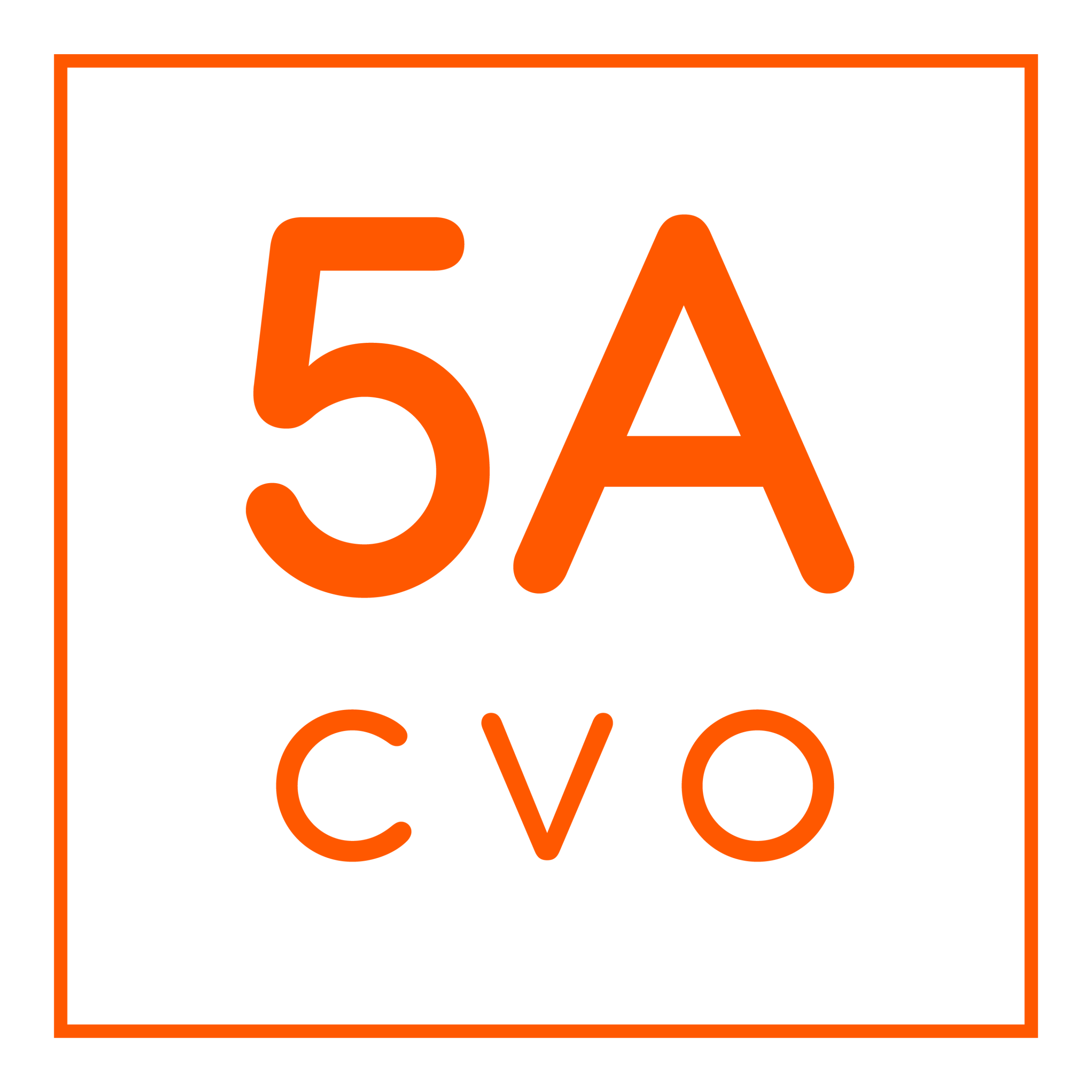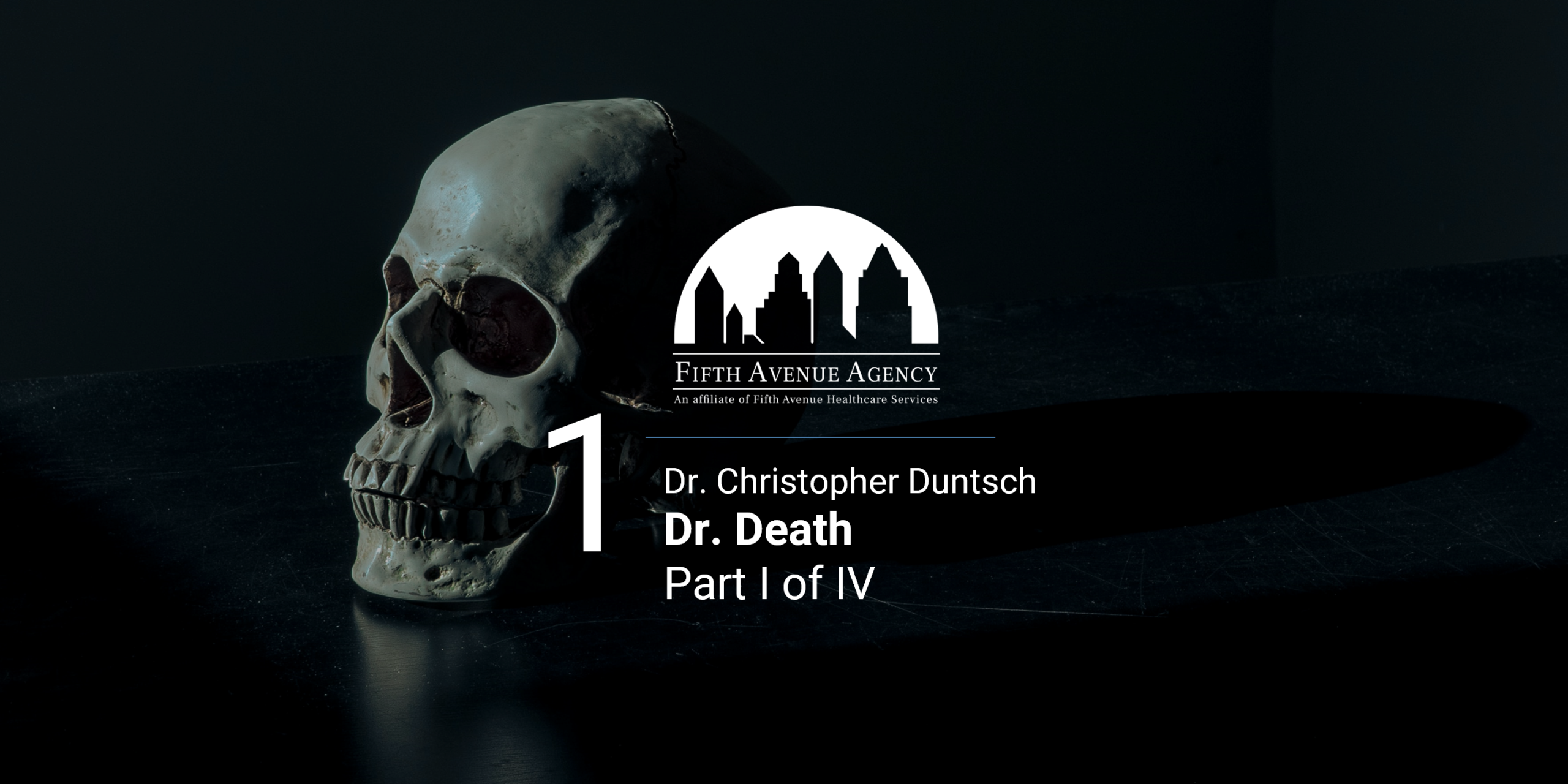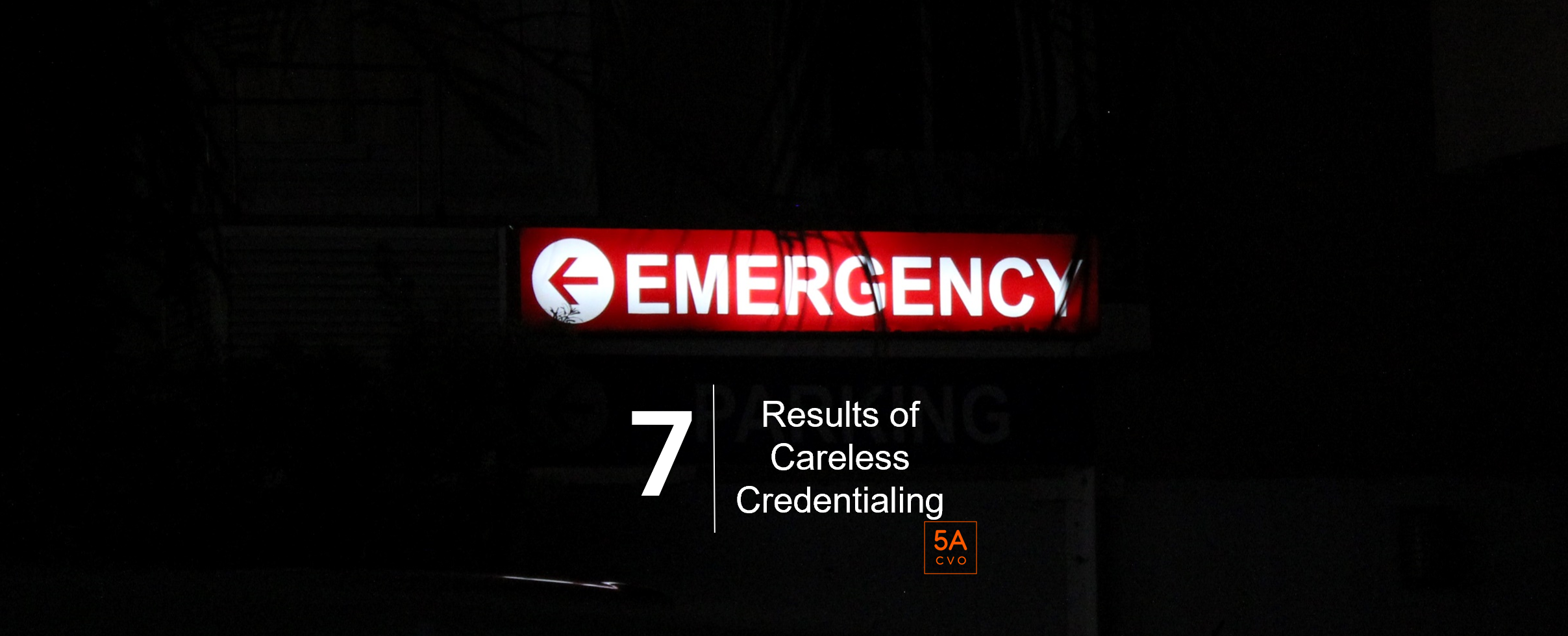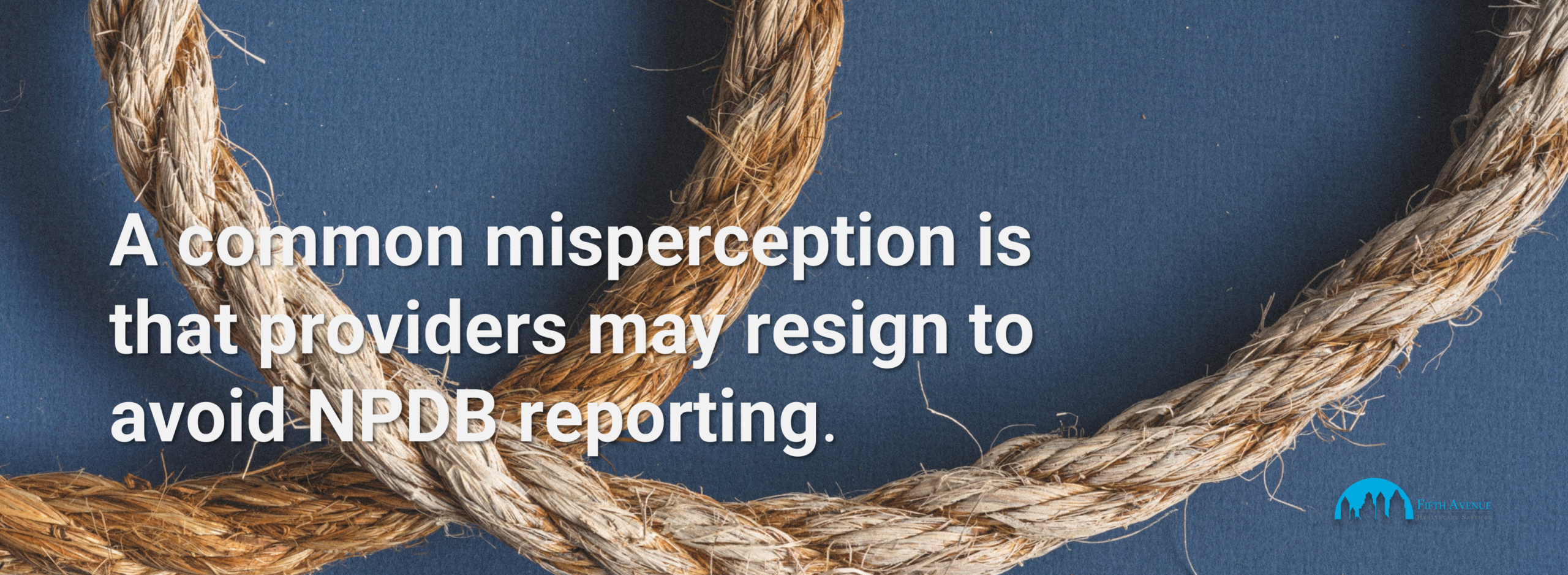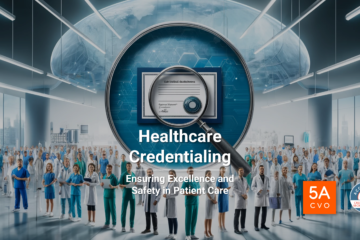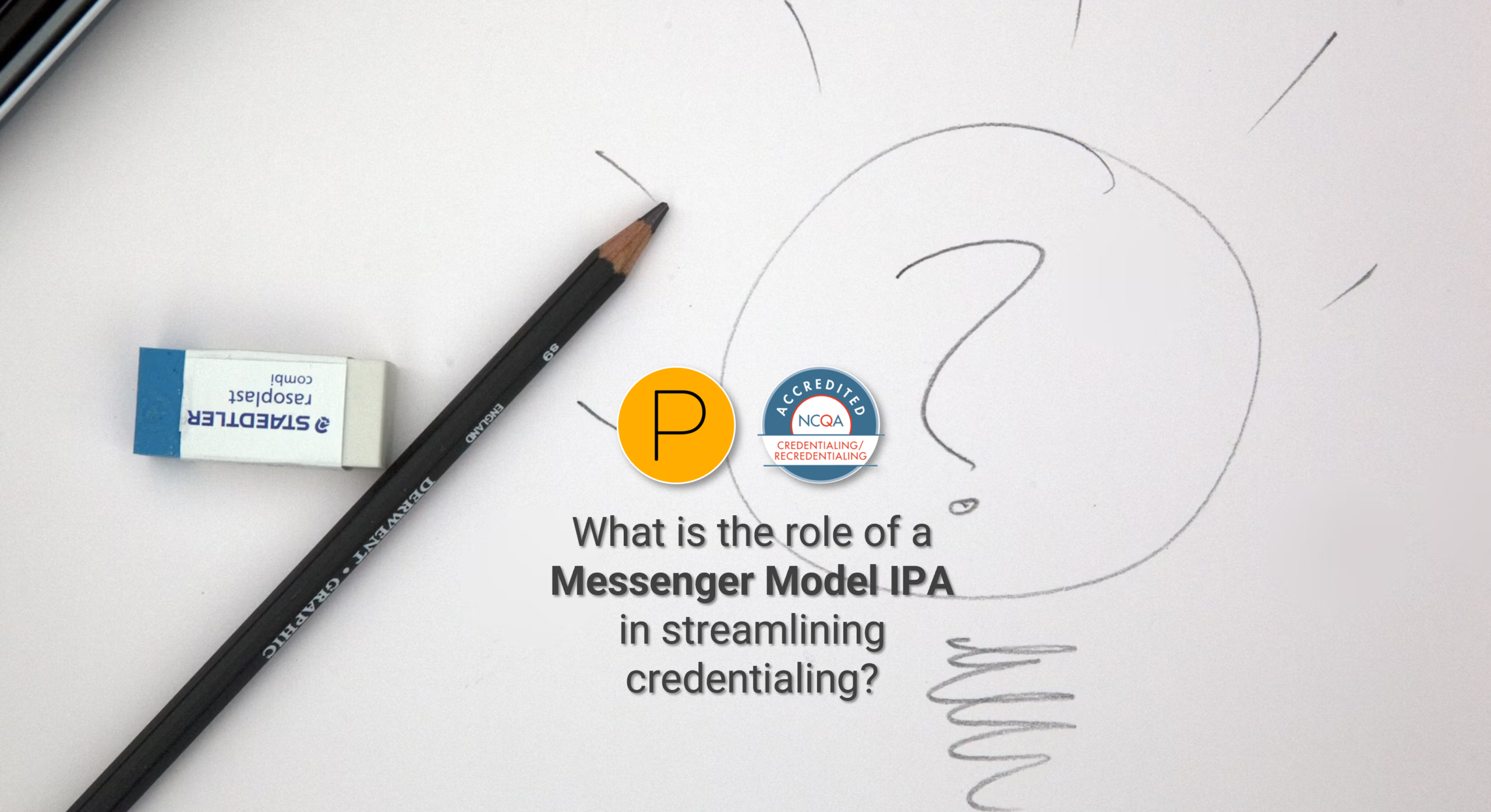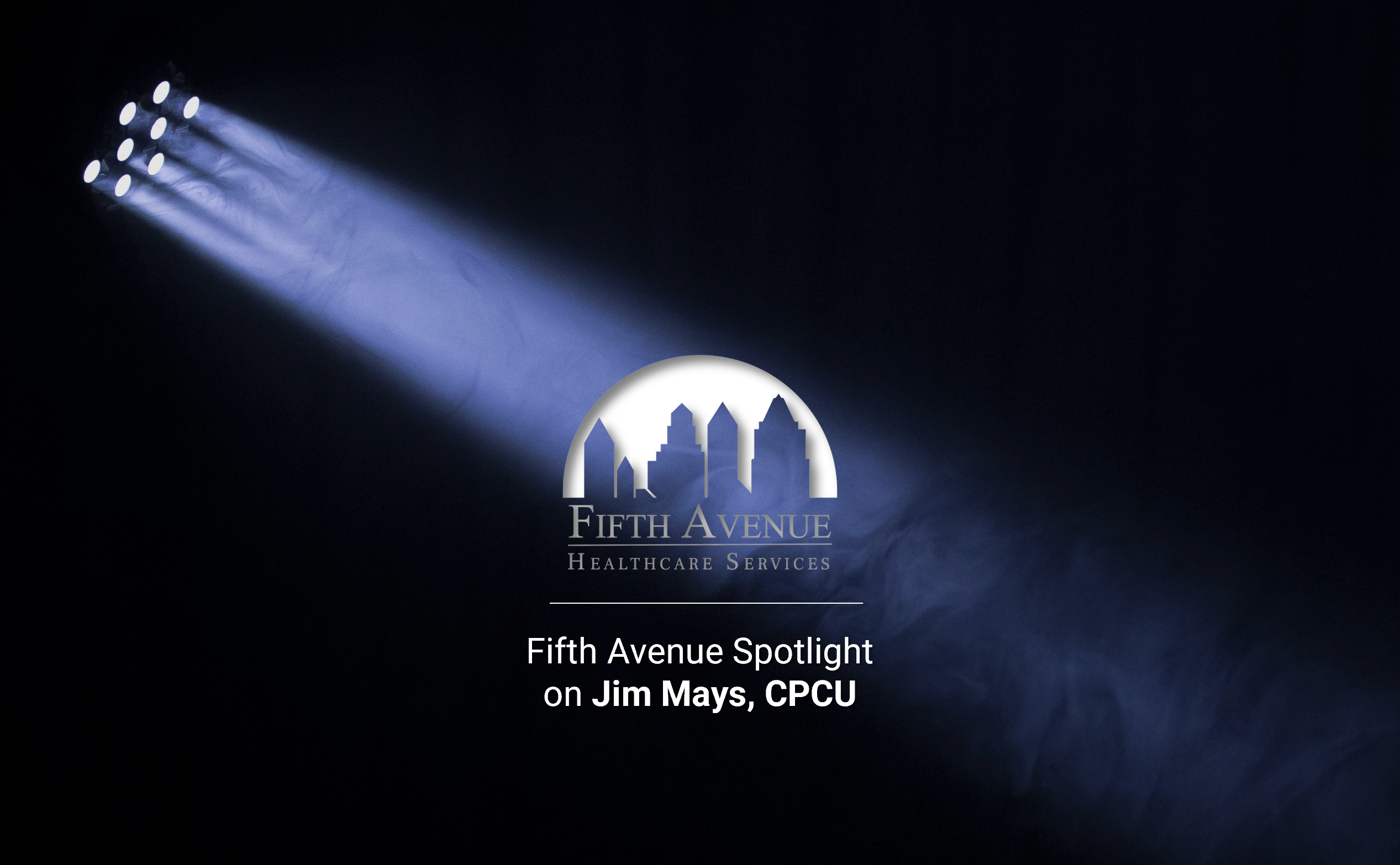Medical credentialing ensures that healthcare providers possess the qualifications, training, licenses, and ability to practice medicine. All healthcare workers should be held to the same standard. Credentialing can help guarantee that patients receive the highest level of care.
Today, healthcare facilities perform in-house credentialing, meaning staff members perform every process step. Other organizations also outsource credentialing to CVOs (Credentials Verification Organizations) to save time, cut costs, and have their physicians start work faster. CVOs can also execute the task with a higher level of accuracy because credentialing is their only focus.
Employing a team of experts can assist providers and practices more effectively and protect patients from substandard treatment.
Careless Credentialing Harms Patients
Not all medical organizations adhere to credentialing practices. In some instances, they overlook physicians with histories of malpractice. Blinded by driving revenue, these organizations place their profit margins above their patients’ safety. This may have been the case in the monumental and terrible story of Dr. Christopher Duntsch.
Duntsch became the first doctor in the United States to be convicted on criminal charges while practicing medicine. He was allegedly responsible for two deaths and injuring 33 out of 38 patients in less than two years, earning him the nickname “Dr. Death.”
Duntsch was a neurosurgeon – a position that can bring in millions of dollars in revenue. Whatever the reason, it appears that credentialing failed his victims. The Dr. Death account is not the only occasion where a healthcare provider slipped through the process and continued to harm ailing patients. Medical malpractice has been a danger since the field of medicine began.
Careless Credentialing Harms Providers
While negligent credentialing can enable bad doctors to get jobs and hurt or kill patients, another side of the story exists. Healthcare providers can also fall prey to carelessness while having their credentials verified.
Erroneous information that has been reported can have severe consequences for legitimate physicians. What might seem like a harmless mistake can have lasting repercussions. Providers who have the necessary qualifications to practice medicine per current standards might have their careers cut short.
Aside from misinformation, organizations that conduct credentialing themselves instead of outside credentialing services might be ill-equipped for the job. Office staff might be forced to take on the responsibility while not knowing all the rules and procedures. Credentialing is a meticulous undertaking that should not be treated halfheartedly.
Examples of negligent or adverse credentialing that can affect healthcare providers can include:
- Unsubstantiated information being noted: This point includes exaggerated and false testimonies that are exclusively considered during credentialing.
- Inferior credentialing: Conventional credentialing has 52 action steps. Poorly trained staff members who skip any steps do a disservice to providers.
- Discrimination: In-office credentialing can be influenced by prejudices.
- Retaliation: A provider who seeks reappointment and has allegedly caused offense or reported other practice members for wrongdoing can be retaliated against via influenced credentialing.
Discrimination and retaliation are egregious acts that should have no place in any professional setting. Nevertheless, they can occur during the credentialing process and ruin the course of an otherwise upstanding doctor.
There are 7 significant consequences of negligent credentialing that unfortunate providers will have to face:
- Medical staff membership and privileges.
- Current employment and contracts.
- Future employment.
- NPDB reports.
- Licensure.
- Payor credentialing.
- The provider’s reputation and life.
#1: Careless Credentialing May Delay Medical Staff Membership and Privileges
When the credentials committee considers an application, that application contains two parts. The first is for membership in the medical staff. Criteria for such membership may include type of licensure, education, training, and experience. The second part is for privileges, which define the scope of clinical care that an applicant can administer and should be matched to that applicant’s current clinical competency. There are certain criteria that applicants must meet to exercise particular privileges in the organization.
These criteria may overlap with criteria for membership on the medical staff, but those for privileges tend to be more specific. The difference between membership and privileges is that when practitioners are granted membership, they obtain political rights, such as the right to vote and to attend meetings. Privileges, on the other hand, define only what a particular person may do clinically within the organization. (Credentialing Resource Center)
Healthcare providers do not have a right to membership and privileges. Providers are not automatically entitled to practice medicine. They must be granted privileges after being screened by the credentialing process.
Membership and privileges are essential components. Without them, providers cannot work in a healthcare setting as intended. If they cannot work, they cannot bill and bring in revenue for themselves and their practices.
When providers seek initial appointments and reappointments, and they have been improperly credentialed, their membership and privileges may be:
- Denied.
- Restricted or limited.
- Given on a probationary basis.
- Given under certain conditions.
- Reduced.
Providers might also be subject to corrective actions. Providers might have to weather everyday and formal disciplinary actions such as suspensions and termination after an investigation. These actions can be avoided if innocent providers are impartially credentialed per industry guidelines. The absence of medical staff privileges devastates any provider, the patients, and the facility they seek to serve.
#2: Careless Credentialing May Adversely Affect Current Employment and Contracts
Negligent credentialing can create a house-of-cards effect. One missing piece and the entire structure collapses. All the consequences are interconnected.
Unproven acts of negligence that have been relayed may constitute grounds for termination of employment. If a provider is working under contract, they might be unable to fulfill duties stated in the agreement if they do not have privileges. Contracts could even be ended without a fair hearing process.
Contracts typically have specific terms that providers must follow. When providers are poorly credentialed, those terms could be broken. They must act per the terms or risk breaching their contracts.
Standard terms state that providers must have the following:
- No previous adverse actions.
- An unrestricted license to practice medicine.
- Medical staff membership and clinical privileges are in good standing.
A history of malpractice, the failure to satisfy qualifications, and the loss of a medical license, staff membership, and privileges can conclude employment – even if the facts were not accurately disclosed and reviewed.
#3: Careless Credentialing May Harm A Future Employer Or Future Employment
If a healthcare provider has a legitimate history of adverse actions, they will likely be discovered by their prospective employer. Either the provider will have to reveal the action during the application process, or the employer will find out when they perform their due diligence. These actions can be found in NPDB (National Practitioner Data Bank) reports, reference checks, and credentialing.
If credentialing fails, the provider’s future employment can be jeopardized. Incomplete information might not give a thorough telling of events. That information could even be false. Every detail that is submitted for credentialing must be meticulously managed.
Sometimes, however, providers might be guilty of mistakes they make while treating patients. These errors would have to be communicated to the NPDB, allowing employers access to data that could determine a provider’s professional future.
#4: Careless Credentialing May NPDB Reporting Errors
The NPDB contains information on medical malpractice payments and specific adverse actions related to healthcare providers. This repository helps prevent providers from moving among states without disclosing their prior damaging history. The NPDB is one of the trusted sources of background inspections.
NPDB reports must be made if a physician:
- Commits an action that affects their privileges for more than 30 days and is based on conduct that negatively affects patient care.
- Voluntarily surrenders privileges while under investigation or in return for not investigating.
- Sustains a suspension for longer than 30 days.
NPDB reports are available to credentialing organizations when a healthcare practitioner seeks privileges, employment, payors, and licensing. Employers can use the NPDB to discover any warning signs concerning potential hires.
If negligent credentialing results in a provider being denied privileges, they can be reported to the NPDB. This might play a role in whether the provider can attain future employment.
Incomplete and inaccurate report descriptions can contribute to adverse credentialing. Since licensed providers can file reports against one another, any number of reasons – such as personal issues between rivals – can result in unfair reporting. If unchecked, these reports can complicate licensing and privileging decisions.
Parties who create untrue NPDB reports may be liable for damages to the physicians they reported. Although the Healthcare Quality Improvement Act provides immunity for most claims, those protections do not extend to peer reviews taken in bad faith or those that do not comply with due process. While providers can fight back, some do not or cannot, significantly if the report has already negatively impacted them.
Additionally, there are occasions when a court order overturns a report of an adverse clinical privileges action. The party that initiated the report should void it. The report remains a blemish on the provider’s records if they do not.
NPDB reports can do more good than harm, but they are fallible. Accurately submitting them can minimize errant credentialing.
#5: Careless Credentialing May Delay or Restrict Licensure
A loss or restriction on licenses to practice because of negligent credentialing can be a blemish against a provider, making it more difficult for them to restore their license. Without a license, a provider cannot legally work in their chosen field.
Licensing boards will sometimes resolve complaints by offering stipulations to providers. Although providers may settle this way to avoid further penalties, boards are still required to report to the NPDB. Exaggerated reports can raise red flags during credentialing. Only checking the NPDB as a reference source does not give a comprehensive picture of a provider’s background.
Appealing a license suspension or applying to reinstate one can take time. Each state has its protocol that dictates waiting periods and application processes. Providers who want to regain their licenses must spend time and money to do so. Unprofessional credentialing that removes a provider’s medical license has serious side effects.
#6: Careless Credentialing May Cause Payor Enrollment Issues
Payor credentialing verifies a provider’s qualifications so they can be enrolled into an insurance network. Payors can deny or end participation agreements if the provider is not sufficiently qualified. Neglectful credentialing that forgoes checking for training and school certificates can cost providers the opportunity to work and to bill.
Provider enrollment onto insurance plans can take time without any obstacles. Mediocre credentialing can prevent enrollment. At best, proceedings can be delayed. Regardless, providers and their practices can lose out on significant revenue.
#7: Careless Credentialing May Tarnish A Provider’s Reputation and Life
Negligent credentialing creates professional and personal ripple effects. The injuries do not end with medical privileges and licenses.
Physicians are people, too. Not only can they make mistakes, but they can be troubled by oversights that hinder their livelihoods. Providers can experience emotional stress due to shoddy credentialing. If they cannot work, they cannot earn an income. The toll on them and their families can become an immense burden.
The damage to their reputations can also factor into upcoming job possibilities. All these stressors can compound into anxiety disorders. At this point, even if the provider could legally work, they could be in no condition.
How to Avoid or Correct Careless Credentialing
The onus of correctly credentialing providers falls onto those who take on that duty.
Appropriate credentialing should:
- incorporate all the legitimate documents that are relevant to the process,
- not be conducted on personal whims and
- should be consistent with industry standards, rules, and regulations.
Credentialing can go amiss if done by the wrong people. Using a CVO that practices smart credentialing can mitigate the odds of that occurring. CVOs are impartial entities that focus on credentialing. Their specialists have the vital expertise that can lead providers toward gainful employment. Some CVO teams have hundreds of years of combined experience. Their amassed knowledge can expedite credentialing with pinpoint preciseness.
Healthcare professionals must undergo rigid scrutiny regarding their ability to practice medicine. Proper credentialing can result in quality care. Negligent credentialing can ruin both the lives of physicians and patients. The consequences of bad credentialing are intertwined. One effect happens, and that will lead to another and then another until the outcome is a shattered career and life.
More information about 5ACVO
5ACVO specializes in credentialing and primary source verification and is part of the Fifth Avenue Healthcare Services family. 5ACVO sister companies include Fifth Avenue Agency (MPLI and medical malpractice insurance specialists) and Primoris Credentialing Network (credentialing and provider enrollment specialists with 54+ health plan and network provider enrollment options).
For more information on 5ACVO, please visit 5ACVO.com or Contact Us.
